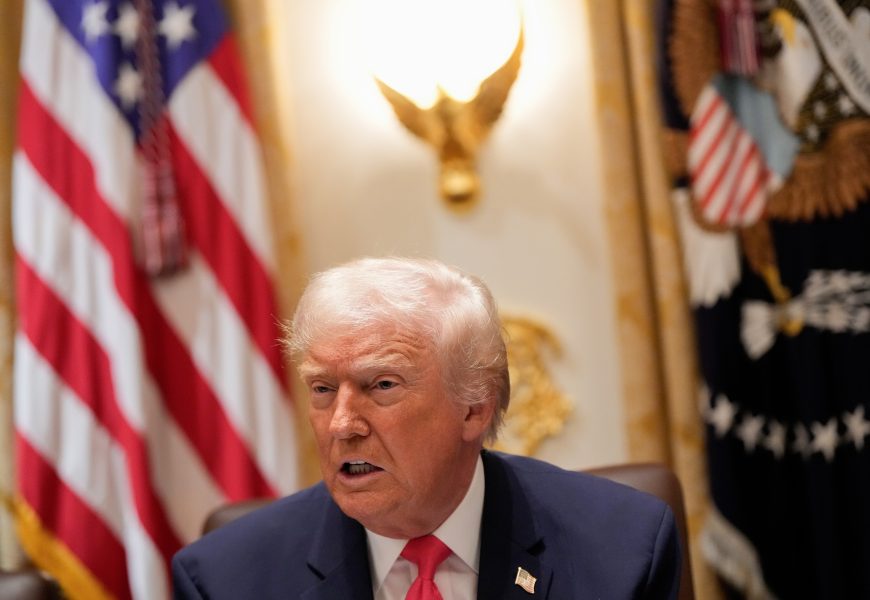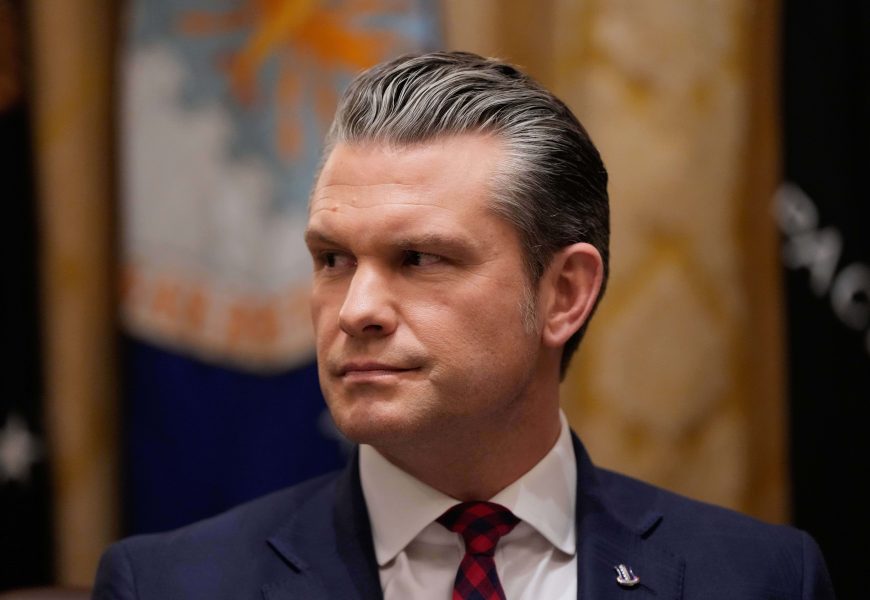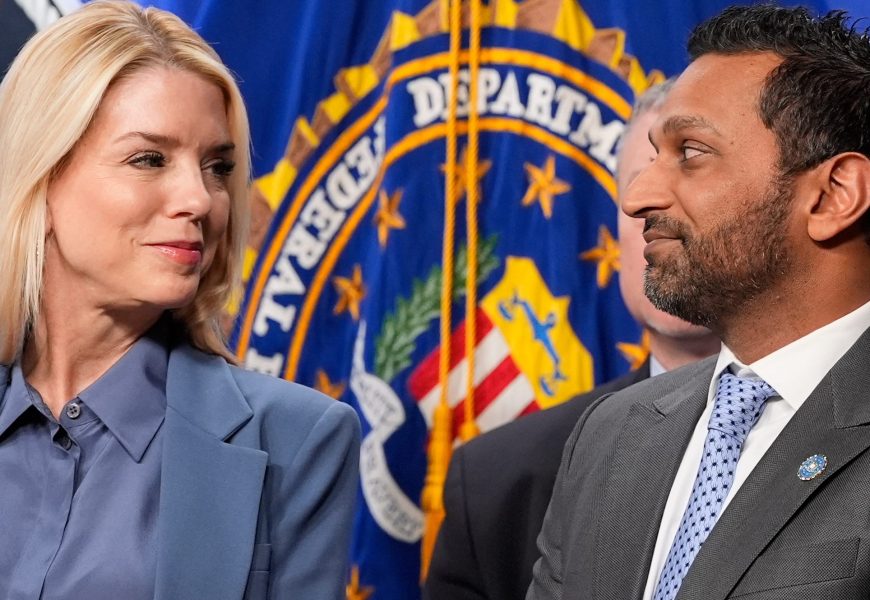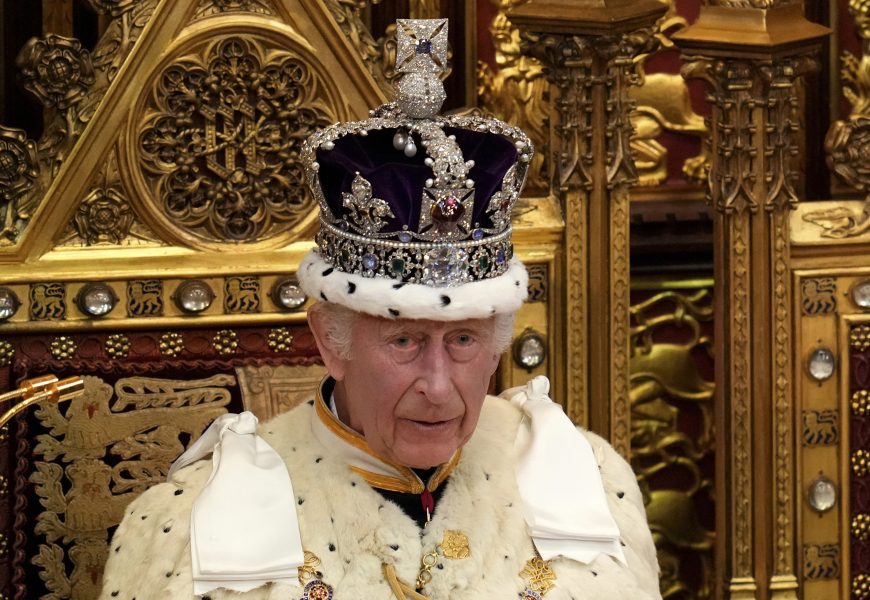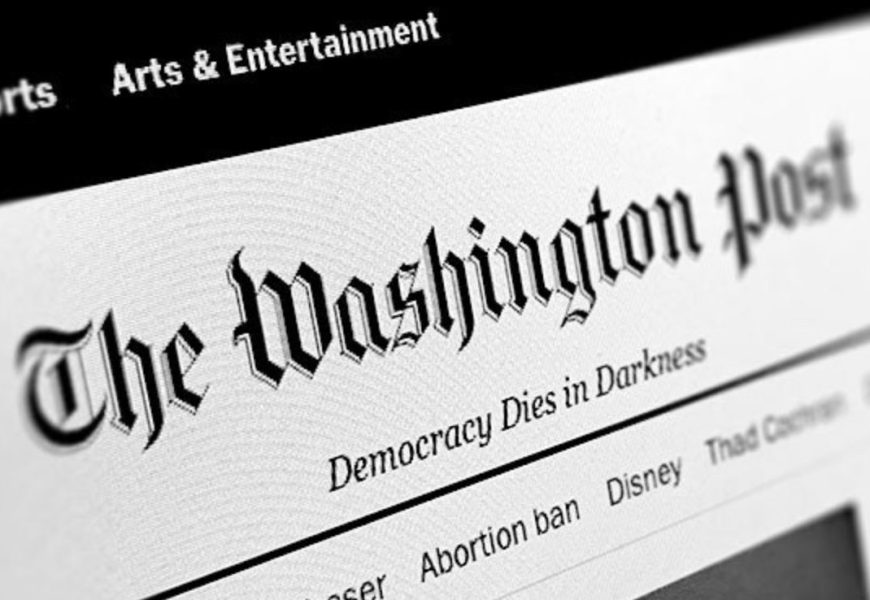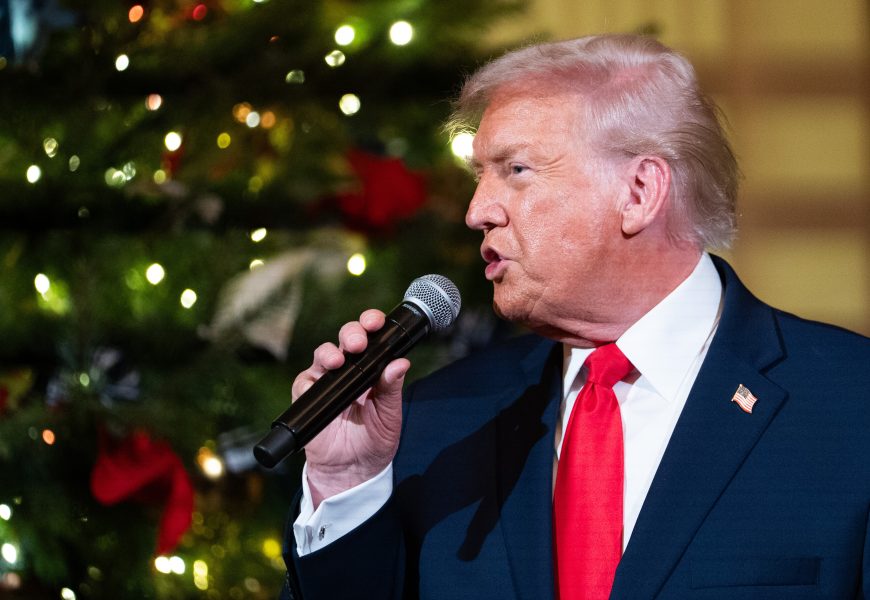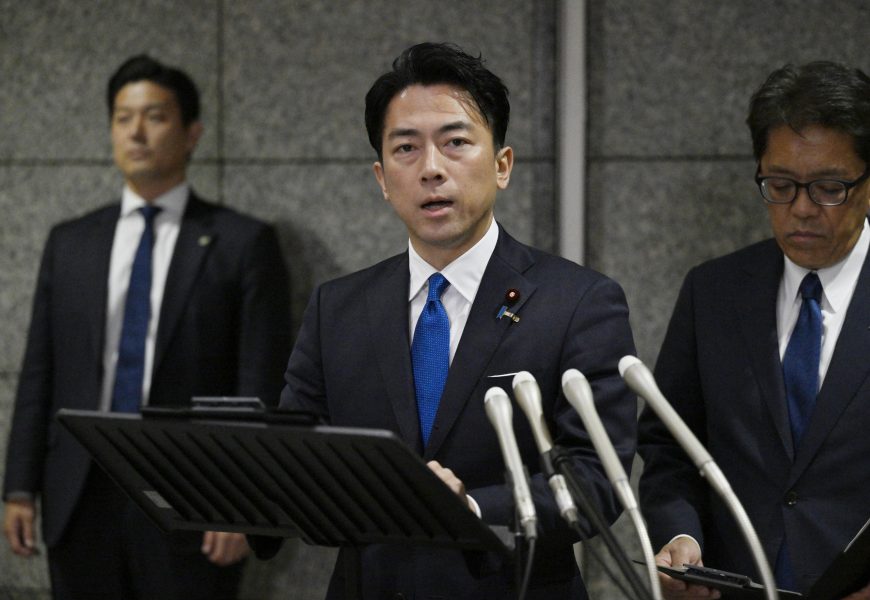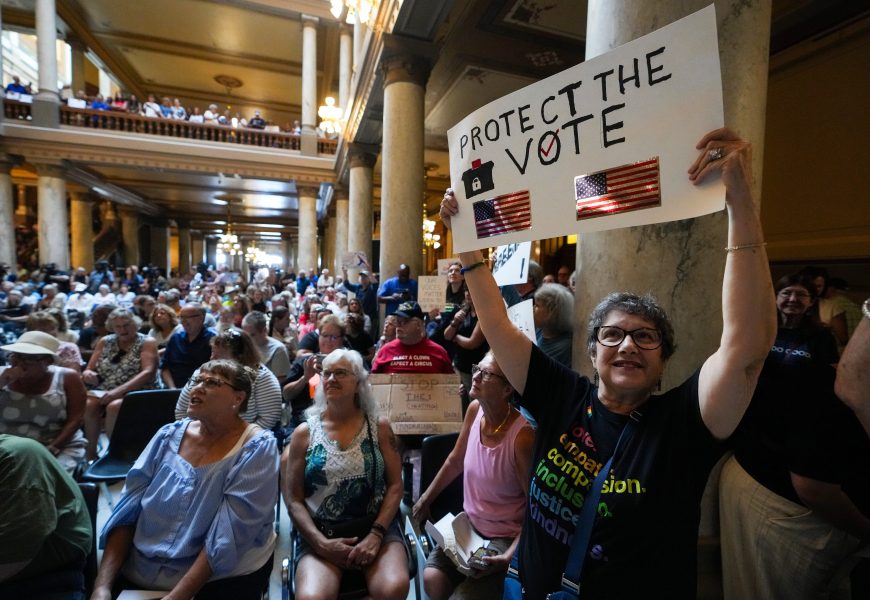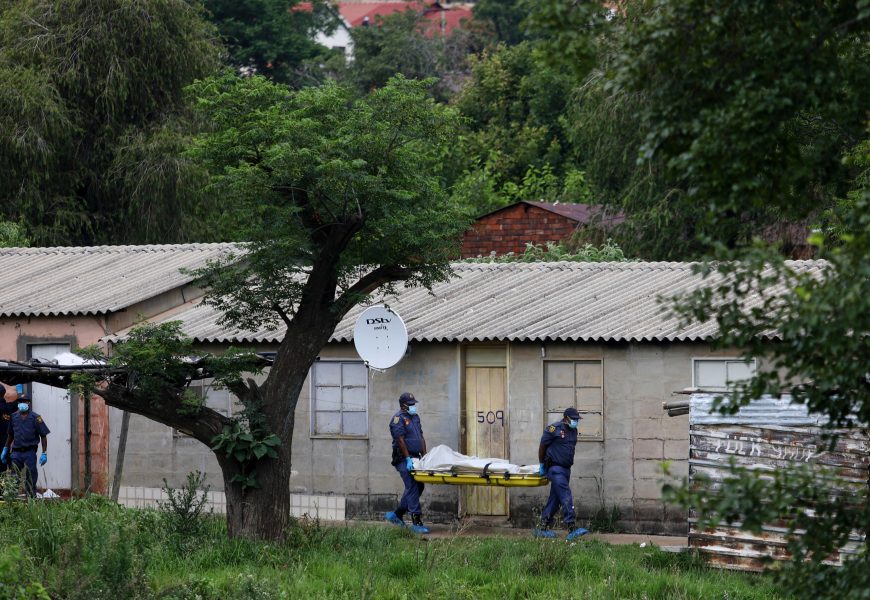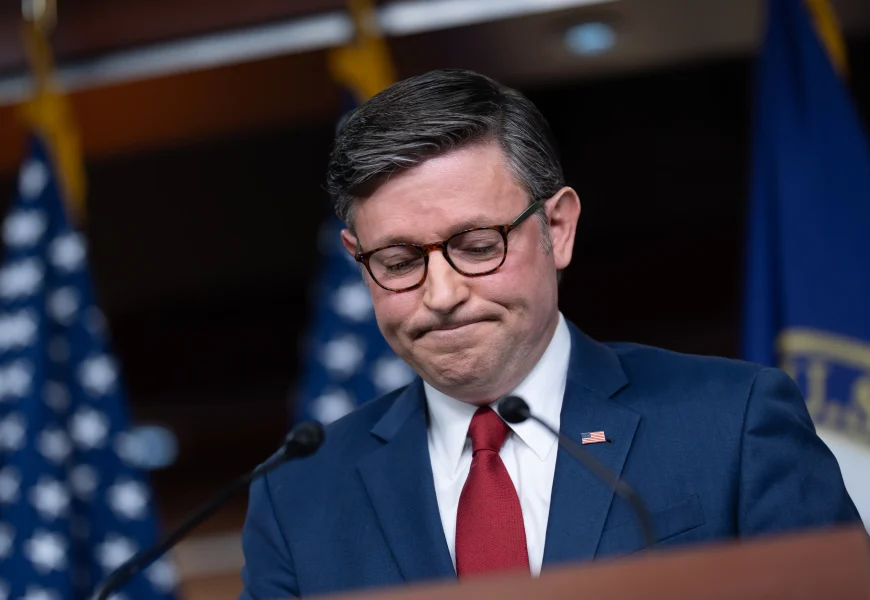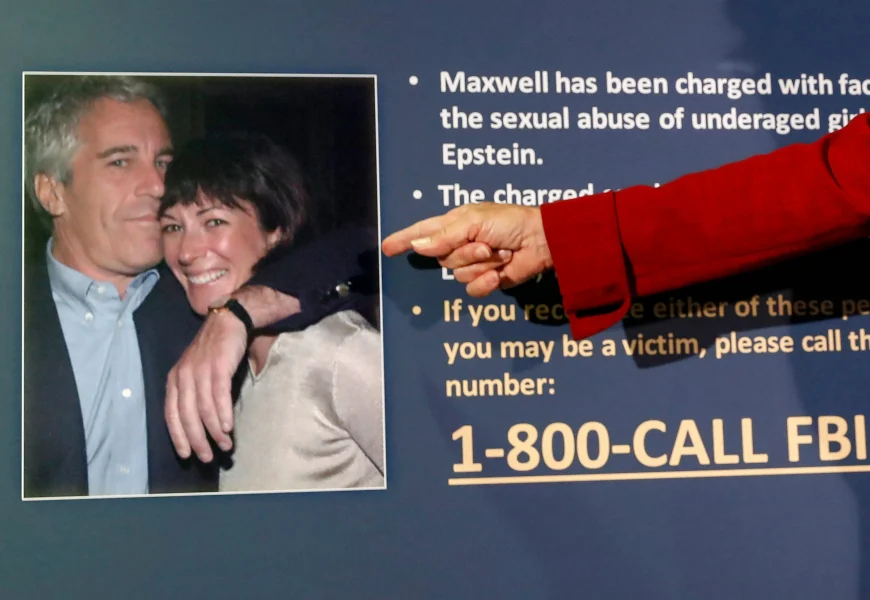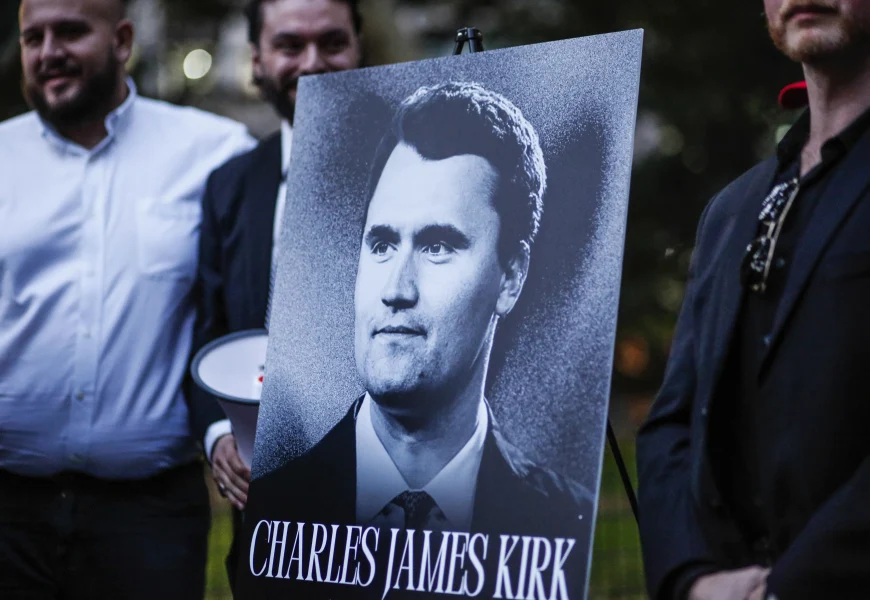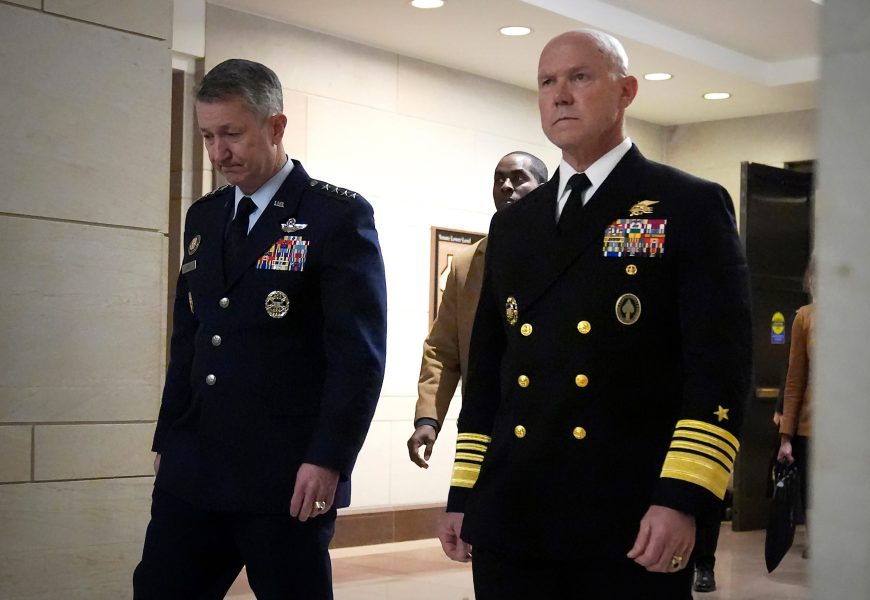Lincoln referred to the then-28-year-old Johnson in letters as a “colored boy.” But the individual favor he bestowed on Johnson was characteristic of the Great Emancipator, said James Conroy, a retired Massachusetts attorney and historian whose books include a survey of Lincoln’s White House. Lincoln treated the White House staff, largely made up of freed African Americans, with respect. In a separate article on the subject, Conroy wrote that Lincoln never demanded service but asked staffers politely “and let them bear no hardship he could lift.”
“Nobody can question that Lincoln was a very kindly guy, very empathetic, trying to help people when he could,” Conroy told The Associated Press. “And that crossed Black and white and male and female and everything else. He was a genuinely good guy.”
It wasn’t until November that Lincoln found Johnson a position at the Treasury Department. Lincoln maintained a close working relationship with Johnson, paying him to shave the president daily and often act as chauffeur.
Johnson accompanied Lincoln to Pennsylvania in November 1863 for the Gettysburg Address. Johnson nursed Lincoln when he showed symptoms of a mild case of smallpox during the trip. Johnson died of smallpox in early 1864. It is possible he contracted it from the president or during one of several outbreaks in Washington at the time.
While Johnson was sick, Lincoln collected his paycheck and ensured it got to Johnson. Lincoln later paid for Johnson’s coffin and offered to pay off a $150 loan of Johnson’s, but the bank forgave half of it.





